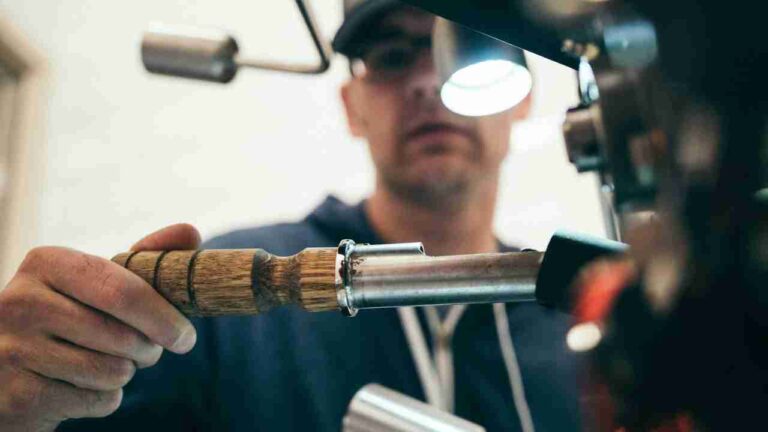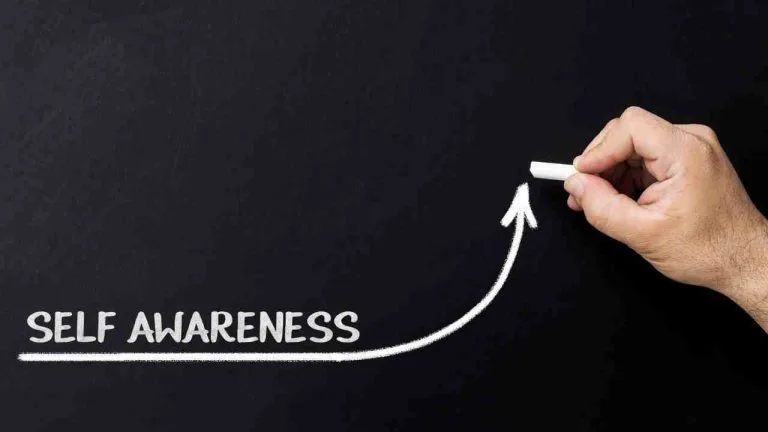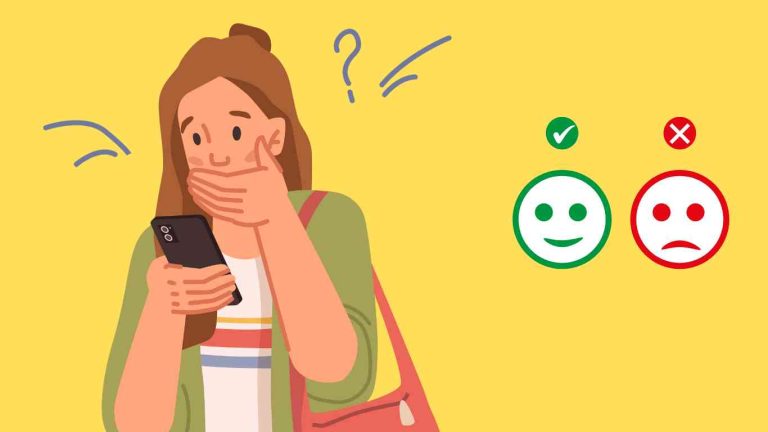The Dangers of Pornography Addiction: How It Can Destroy Your Life
Did you know that pornography addiction is a real thing? It can destroy your life if you’re not careful. This article will discuss the dangers of pornography addiction and how it can ruin your relationships, job, and mental and physical health. If you or someone you know is struggling with an addiction to pornography, please seek help! There are many resources available to you.
What Is Pornography Addiction, And What Are the Signs That You May Be Addicted to It?
Pornography addiction is a serious problem that can have some negative consequences. Although it is not yet recognized as a diagnosable disorder, it shares many similarities with other types of addiction, such as substance abuse. Like other addictions, pornography addiction can lead to impaired judgement, financial problems, and relationship difficulties. If you think you may be addicted to pornography, there are a few signs to look out for. These include spending increasing amounts of time viewing pornography, feeling unable to control your use of pornography, and letting your use of pornography interfere with work or other commitments.
The Negative Effects of Pornography Addiction
Pornography addiction can negatively affect your life and relationships with others. Some of the most common negative effects include:
- Decreased interest in real-life relationships
- Distorted view of sex and body image
- Inability to achieve or maintain an erection without porn
- Difficulty reaching orgasm or ejaculating without porn
- Increased need for more extreme or deviant types of pornography
- Withdrawal symptoms when unable to access pornography
How Does Pornography Addiction Ruin Your Life and Relationships with Others?
People who are addicted to pornography often ruin their lives and the lives of those around them. The addiction can lead to personal relationships, work, and school problems.
Pornography addiction is a type of sex addiction. People who are addicted to pornography often can’t control their behavior. They spend a lot of time viewing pornography, which can interfere with their relationships, work, and school.
Viewing pornography can cause people to have unrealistic expectations about sex. It can also lead to distorted views of body image and relationships. People addicted to pornography may be more likely to engage in risky sexual behavior. This can increase the risk of sexually transmitted infections (STIs) and other health problems.
What Are Some Long-Term Effects of Pornography Addiction on Your Mental and Physical Health?
Pornography addiction can have some negative effects on your mental and physical health. In the short term, it can lead to increased anxiety and problems with concentration and sleep. In the long term, it can contribute to depression and erectile dysfunction. Additionally, pornography addiction can lead to feelings of shame and guilt, which can further damage your mental health.
Additionally, pornography addiction can have physical consequences, such as backaches, headaches, and fatigue. It can also lead to an unhealthy obsession with appearance and body image. If you think you might be addicted to pornography, it’s important to seek help from a mental health professional. Pornography addiction is a serious problem that can have lasting consequences for your mental and physical health.
How Can You Overcome Pornography Addiction and Rebuild Your Life Again?
For many people, pornography addiction can be a destructive force in their lives. It can lead to relationship problems, financial difficulties, and feelings of shame and isolation. However, it is possible to overcome pornography addiction. Is there hope? YES. Here are some steps that can help:
- Recognize that you have a problem. This is the first and most important step. If you don’t admit that you have a problem, you won’t be able to do anything about it. Denial is one of the biggest obstacles to recovery.
- Get help. Pornography addiction is a complicated problem, and it’s often best to seek professional help. There are many different types of treatment available, so you can find a program that’s right for you.
- Be willing to change. Recovery from any addiction requires change. You’ll need to make changes in your thinking, your behaviors, and your lifestyle. These changes can be difficult, but they’re essential for recovery.
- Be patient. Recovery from addiction is a process, not an event. There will be ups and downs, but if you’re patient and persistent, you can overcome this problem and build a better life for yourself.







